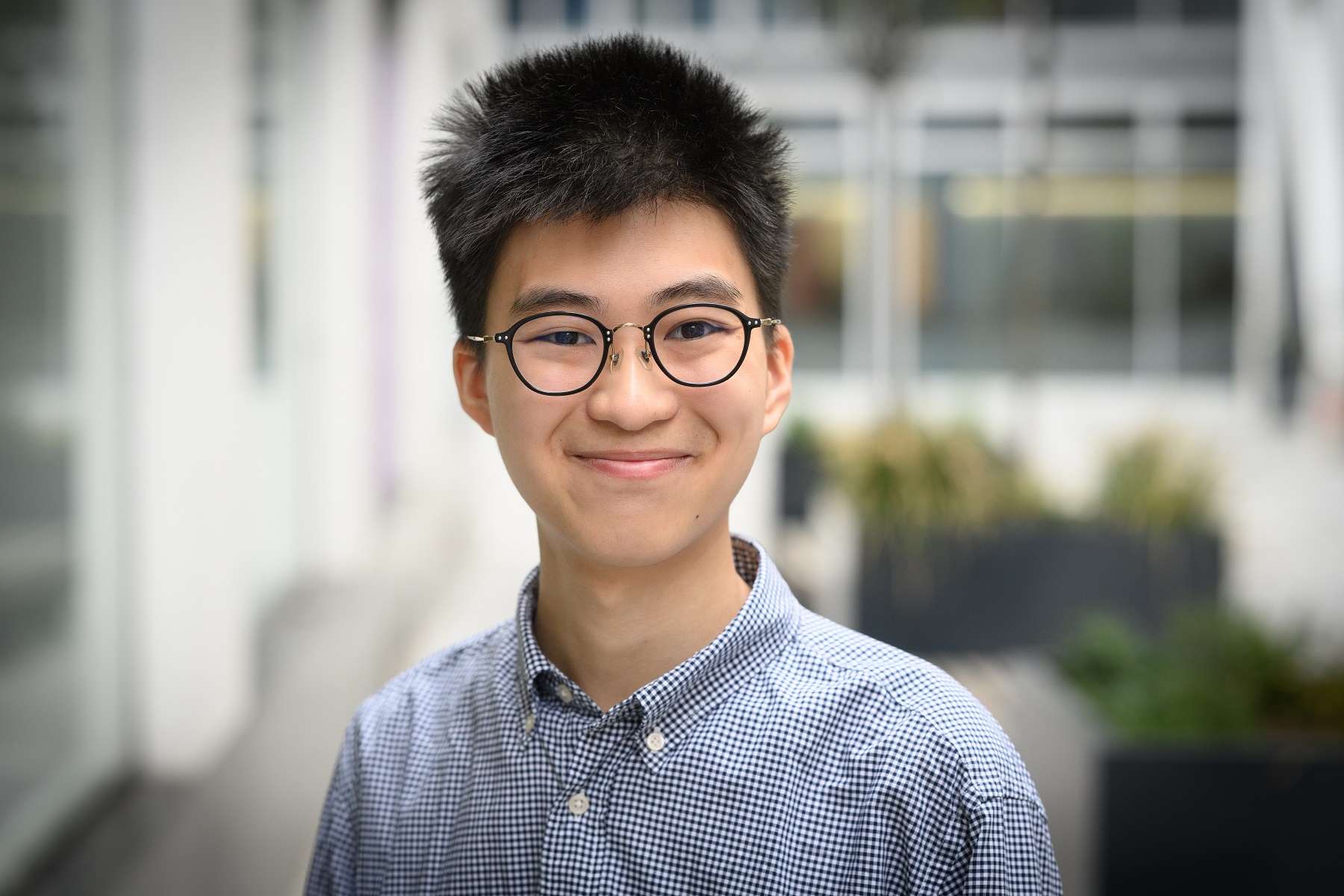Course details
- DepartmentDepartment of International Relations
- Application codeSS-IR209
Apply
Applications are open
We are accepting applications. Apply early to avoid disappointment.
Overview
How has COVID-19 transformed the global political economy? Is globalisation responsible for the rise of populism in the West? How will the geopolitical rivalry between China and the United States shape global business? Why have governments failed to take sufficient action to prevent climate change?
The study of International Political Economy (IPE) examines the interactions between markets and politics, and aims to answer some of these important questions.
This course introduces you to the study of the dynamic interaction between the pursuit of wealth and the pursuit of power in the global economy. The course presents the key concepts and theories of IPE, and how these can be used to understand pressing empirical and economic policy questions facing policymakers and citizens in the 21st century.
Engaging with leading faculty and your peers, you will examine some of the most pressing challenges facing the world today. You will analyse key empirical cases and develop critical thinking skills to evaluate the complex relationship between markets and politics. Applying cutting-edge research, at the end of the course you will be able to formulate convincing arguments that show a comprehensive understanding of different academic debates within the field.
Key information
Prerequisites: At least one introductory course in either social science (e.g. political science, international relations, sociology, economics), history or law.
Level: 200 level. Read more information on levels in our FAQs
Fees: Please see Fees and payments
Lectures: 36 hours
Classes: 18 hours
Assessment: One examination and one essay
Typical credit: 3-4 credits (US) 7.5 ECTS points (EU)
Please note: Assessment is optional but may be required for credit by your home institution. Your home institution will be able to advise how you can meet their credit requirements. For more information on exams and credit, read Teaching and assessment
Is this course right for you?
This course is suitable if you want a comprehensive interdisciplinary understanding of the political and institutional context in which the world economy operates. It is especially well suited to you if you are targeting a career in research, policy development, government or consulting. It is equally applicable if you would like to develop the skills needed for further academic studies.
Outcomes
- Understand the main perspectives on IPE and why its study is so complex
- Investigate the impact of COVID-19 on the political and institutional context of the global economy
- Describe how the Sino-American geopolitical rivalry shapes global business
- Analyse the main impediments of global environmental cooperation and discuss why it is difficult to forge international agreement on climate change
- Understand the role of key international currencies (the US dollar, Chinese RMB, and the Euro) and their role in hegemonic stability
- Debate the role of the WTO, the IMF, and the World Bank and whether their governance structures are legitimate or need reform
- Discuss the impact of Brexit and the politics of austerity
- Explain the political and institutional factors that contribute to financial fragility and shape the practice of central banking
- Investigate the role of multinational corporations in the global economy and their impact on development
- Present a coherent argument demonstrating awareness of differing academic perspectives
- Use case study material and statistical evidence to write a coherent essay on key topics
Content
Faculty
The design of this course is guided by LSE faculty, as well as industry experts, who will share their experience and in-depth knowledge with you throughout the course.

Professor Jeffrey Chwieroth
Professor of International Relations - Head of Department
Department
The LSE Department of International Relations is one of the oldest and largest of its kind in the world and remains a leading centre for the subject. It ranked 2nd in the UK and 4th in the world in the QS World University Rankings by Subject 2023 tables for Politics and International Studies.
LSE International Relations teachers have world-class expertise in their specialist fields. Our faculty advise government agencies, multilateral institutions, NGOs, think tanks and the media on the most critical issues – from economic and environmental policies to counter-terrorism and foreign policy. From foundation level to advanced courses, students build real-world skills and gain exposure to critical issues, questions and state-of-the-art thinking on the most relevant topics in the field.
Join our mailing list
Sign up to get more information
Apply
Applications are open
We are accepting applications. Apply early to avoid disappointment.
